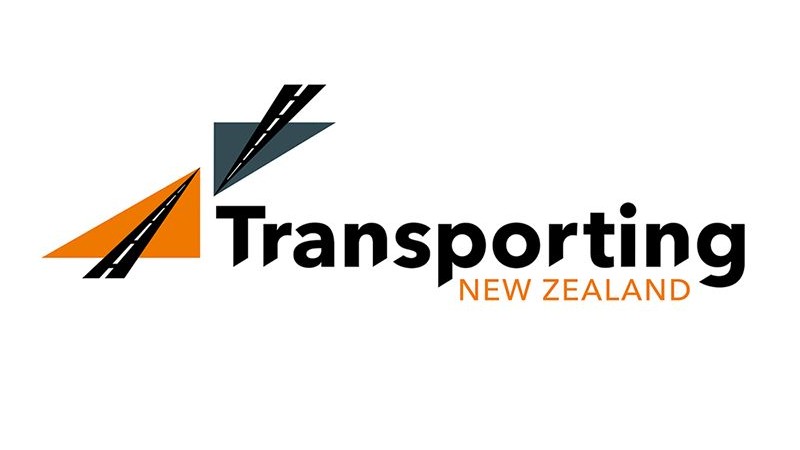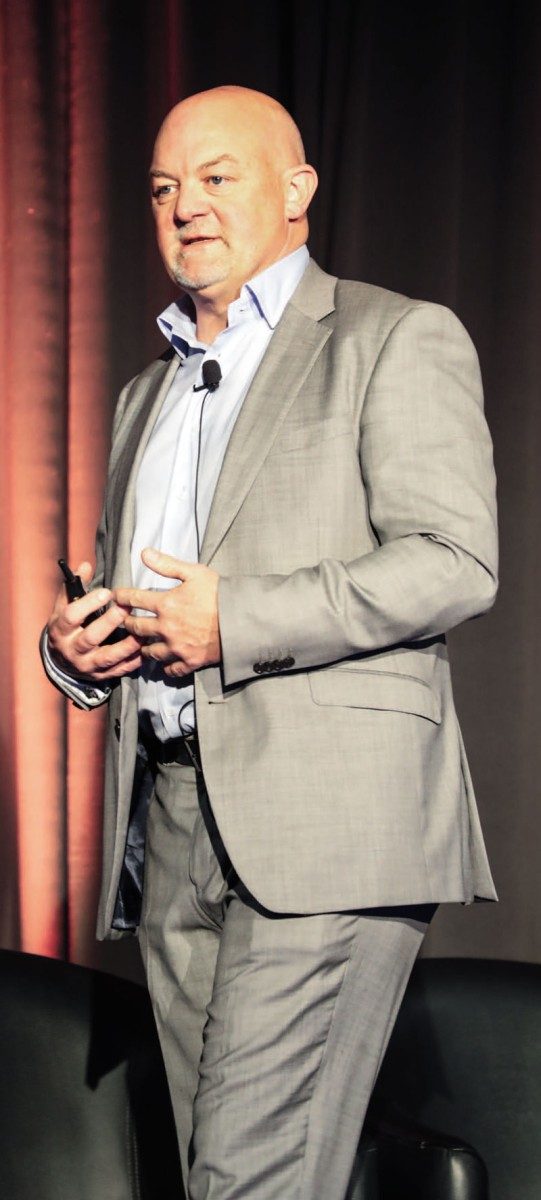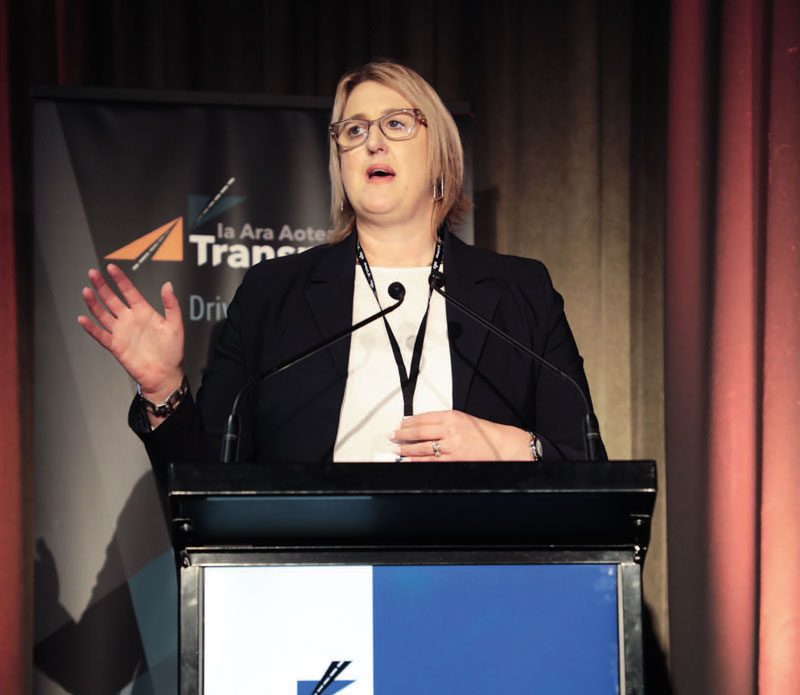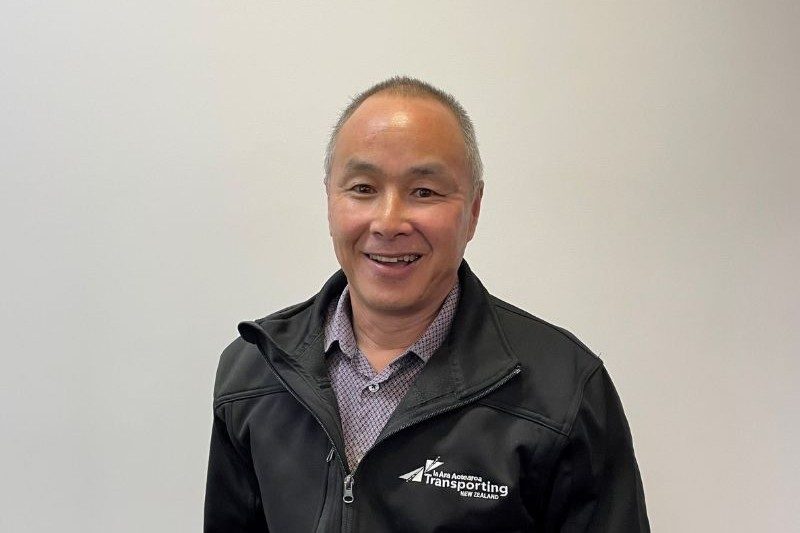The Road Ahead Conference 2022

Transporting New Zealand’s The Road Ahead Conference discussed essential issues impacting the future of New Zealand’s road transport industry. Expert speakers provided valuable industry insights for transport operators and how the sector can prepare for the challenges and opportunities ahead. This issue, we look at the key points from Andy Foy, director at Predictive Performance, Jonathan Caseley, executive director at PERFORMX Aotearoa, and Amanda Douglas, partner at Wynn Williams. They discuss New Zealand’s employment issues, finding the next generation of drivers and the cost of the missing workforce.
Andy Foy
Director at Predictive Performance
“The war for talent is over. The simple reason is that the employee won,” Foy said.
He says we are about to enter a “very interesting” phase regarding talent shortages – that while there is awareness of the issue, it’s unfortunately going to get worse.
“When looking at truck drivers, for example, it doesn’t matter which country you go to in the OECD – Britain, United States, Canada… Everyone is experiencing a shortage of truck drivers and logistics. So, unfortunately, the shortages we face aren’t going to go away.
“One of the things we have going on is that the population is rapidly changing. Our population is shrinking. So, where our truck drivers of the future or many of our other future professions are going to come from is a bit of a struggle. We’re going to have to look at other ways of doing things.”
One of these issues facing the transport sector is New Zealand’s ageing population, Foy said.
“At the moment, you will have about 16% of the population aged over 65 by 2028. The percentage share of those over 65 in the workplace steadily increases as the years progress,” he said.
“We can import labour. We can hire people from overseas. But one of the other things we have to start doing is looking within sectors we may not have considered in the past.”
Another issue is the four-day working week and the increase in part-time work. “This is driven primarily by two main groups in society. One is the ageing population, and since Covid-19, employee expectations are changing. Women, in particular, are starting to exercise their expectations more. And that may be reduced hours.
“So, unfortunately, finding truck drivers now is hard. It’s unfortunately going to get harder,” Foy said. “Growing your own is a necessity. There has been a lot of training going on in the past, but you’re going to find that becomes really, really critical going forward,” he said.
“Things like Road to success are actually key to getting that workforce that you need.”
Foy said the bulk of new candidates might not come from the youth – they may come from people changing mid- career. “The logistics and trucking industry is one of the few industries I can think of where you can come in green at almost any age,” he said.
“If you have the right aptitude and ability, you can progress relatively quickly compared with many other industries and earn a decent wage doing it.”

Jonathan Caseley
Executive director at PERFORMX
Aotearoa
Caseley said there are significant inefficiencies with graduates coming out of New Zealand’s education system not meeting businesses’ needs.
“We all know there’s a skilled-worker crisis. For everyone I’ve talked to – and the employers and industry associations we’ve talked to over the past eight months – it is a huge issue,” he said.
“The skilled-worker crisis is permanent. It’s not going to go away in one or two years. It will take five, 10-plus years to really fix and solve. It needs employers and industries to step up and do their part because the system is broken, and everyone knows it’s not working.
“In 2020, the industry was about 680 jobs short of where it needed to be, given the number of heavy vehicles on the road. However, in 2021, it was 2400 jobs short of where it needed to be as a sector.
“You all know that you have trucks laid up. Some Fonterra plants have five trucks just sitting there and they can’t get to farms simply because they don’t have the people. This is the reality facing the sector.”
PERFORMX Aotearoa is a non-profit company monitoring the performance of New Zealand’s skills system and workforce. “Our commitment to all of you is that we want to work with you and support you to reduce your training and mentoring costs in a very significant way,” Caseley said.
“We want to help employers across all industries access the school workers they need to grow. We also want to help our young people to succeed in the workplace and accelerate the achievements of Maori and Pasifika.”
Caseley said there is an urgent need to get independent data that can be used to fix the problem and to help advocate for new employer- and industry-led solutions to the government.
“This is our road ahead solution – to address these major data gaps. We will work with you to establish a transport, automotive and freight workforce performance dashboard. This will be an innovative, first-of-its-kind management tool for you, for your regions, for your industries to monitor and grow your workforce. It will have real-time data that can be used to demand the skilled workers that you need to grow,” he said.
“It’s all about new approaches and tools. It’s about the road ahead, about building and learning and following the footsteps from the past and moving that forward in a new direction.”

Amanda Douglas
Partner at Wynn Williams
Douglas said while Covid-19 had a huge impact on employment law, the country is slowly making its way out of it.
“We have vaccination requirements removed. We’ve said goodbye to the traffic light system. Most mask-wearing requirements have dropped away,” she said.
“What a lot of employers are doing is making sure that [these requirements] are covered in their business-as-usual health and safety policies. So just keep your mind on it – reviewing your health and safety policies and making sure that it covers off any side issues you might have to deal with in terms of Covid issues.”
Douglas said a lot of focus now is on infringement notices, fines and licensing. “These issues impact a heap of other obligations as well. And we are seeing quite a few transport companies struggling with this,” she said.
“It’s not big buckets of money, but these other things do turn into big buckets of money in time.”
Douglas said operators should get ahead of the curve and start looking at processes now. “Drivers can be stupid and do stupid things. We’ve seen a lot of businesses that have put in place measures, and the drivers still don’t do what they’re told to do,” she said.
“WorkSafe is expecting businesses to perform miracles and somehow stop the driver from driving longer than they should have, for example.”
Douglas said one of the recent changes affecting the transport sector is the accredited employer work visa. “It replaces a whole bunch of other visas and is a new system, which is employer- led around getting migrants into the workplace,” she said.
The new visa is a three-stage process. “The first one, unsurprisingly, as the name suggests, is to become accredited. Employers need to meet a minimum set of requirements – things like being a liable and genuine operating business, being compliant with immigration, an employer of business standards,” Douglas said.
“Then there’s a job-check stage as the second stage. This is basically advertising a role to demonstrate that there are no New Zealanders who could do the job,” she said.
“Then the third stage is to have the migrant apply for the visa, and then at that stage, they’re checking that they have the qualifications and that the specific employment agreement, etc, meets all of the requirements.”



